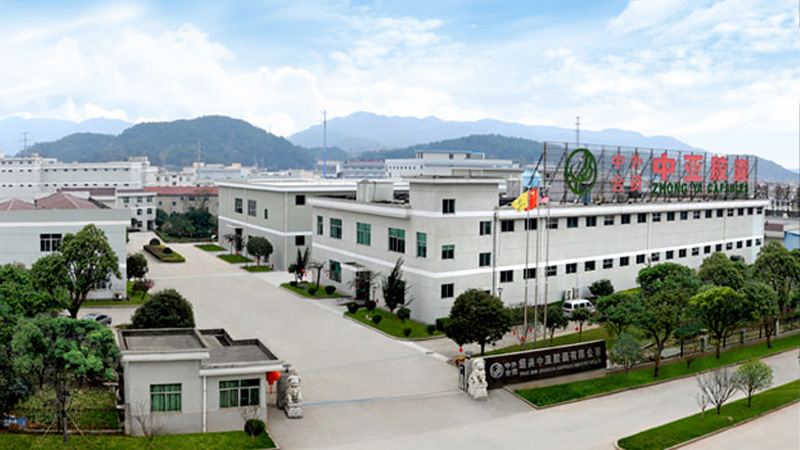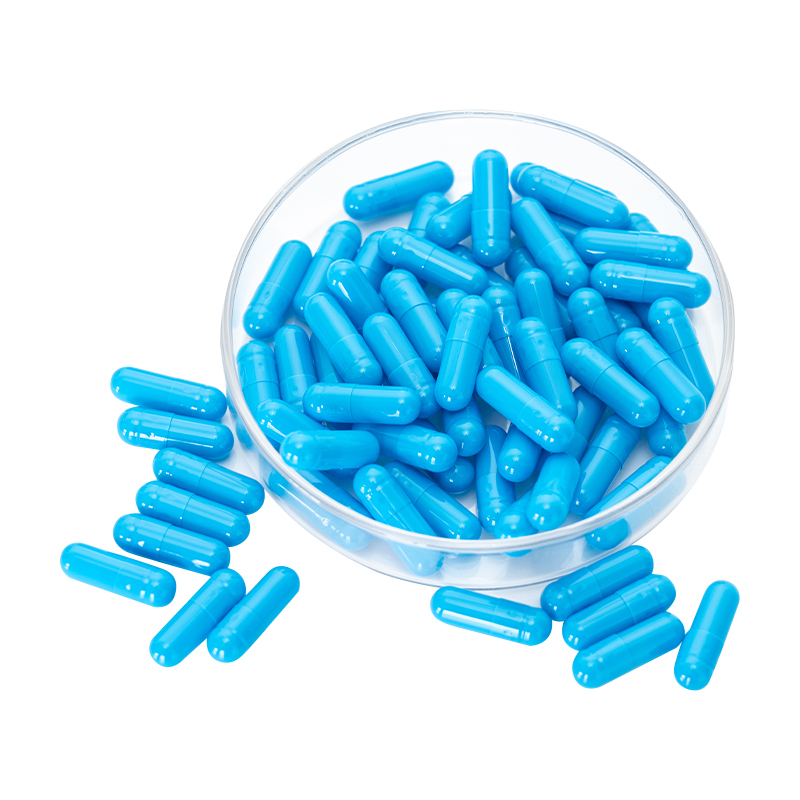Product Consultation
Your email address will not be published. Required fields are marked *


Generally speaking, halal capsules should not contain any harmful ingredients in theory and standards, as Islamic law not only requires religious compliance for "halal" products, but also emphasizes safety, hygiene, and harmlessness to the human body. The following is a breakdown explanation:
1. Halal standards emphasize "health and safety"
•Halal is not only a religious concept, but also a health concept: in Islamic law, in addition to prohibiting the "halam" ingredient, it also emphasizes that the ingested substances must be safe and harmless to the human body.
•The "Tayyib" principle: In the Quran, "Halal wa Tayyib" (legal and pure) is mentioned simultaneously, meaning that the product must be legal, safe, nutritious, non-toxic and harmless.
2. Prohibit the use of toxic and harmful ingredients
•The use of ingredients that are toxic, harmful, or potentially pathogenic to the human body is prohibited in Halal certified capsules, such as:
•Raw materials with excessive heavy metals;
•Industrial grade non edible chemicals;
•Medicinal additives or dyes prohibited by national or regional regulations;
•Any carcinogenic, teratogenic, or mutagenic substance (such as some artificial colors, preservatives);
•Halal certification agencies usually conduct necessary chemical and toxicological testing to avoid the mixing of such ingredients.
3. Require the source of raw materials to be safe and traceable
•The raw materials must come from safe and reliable suppliers, and have halal and quality certification;
•Must provide relevant testing reports such as * * no pesticide residues, no pollution, and no genetically modified organisms (if required) ;
•Potential hazards such as heavy metals, mold, plasticizers, etc. must not be introduced during the raw material processing.
4. Strict hygiene requirements for the production process
•The halal capsule production workshop must comply with quality control systems such as GMP or HACCP;
•Require a clean production environment and prevent microbial contamination;
•Unauthorized chemical disinfectants or polluting solvents shall not be used.
5. Cannot contain hormones or illegal drug additives
•The phenomenon of illegal addition of steroids and weight loss drugs in certain health products is common;
•Halal certified capsules must undergo transparent ingredient review and must not contain any undeclared or potentially harmful prohibited ingredients;
•Once illegal additives are found, the halal certification will be immediately cancelled.
6. Halal certification agencies have audit mechanisms in place
•Regular or surprise audits of finished products, raw materials, and factory production processes;
•The ingredient label must be accurate and legal. If it contains sensitive ingredients (such as preservatives, pigments, etc.), it must be explained in detail and obtain both legal and health permits;
•Certification updates require a reassessment of product security.
7. Consumers still need to be wary of non-standard products
•Although halal capsules should not contain harmful ingredients, if the product does not have formal halal certification or comes from non compliant manufacturers, there may still be the following hidden dangers:
•False labeling of 'Halal';
•Fake and inferior raw materials mixed with illegal ingredients;
•There are some "black capsules" sold under the guise of halal in the health product market;
•It is recommended that consumers identify halal certification marks (such as JAKIM, IFANCA, MUI, etc.) and legitimate channels when making purchases.
Your email address will not be published. Required fields are marked *
If you would like to learn more about our products, please feel free to contact us and we will do our to assist you.
No.1 Tianzhu 3rd Road, Dufu Town, Xinchang County, Zhejiang Province
86-575 8606 0065
86-159 8825 2009
+86 159 8825 2009
+1 380 215 7432
